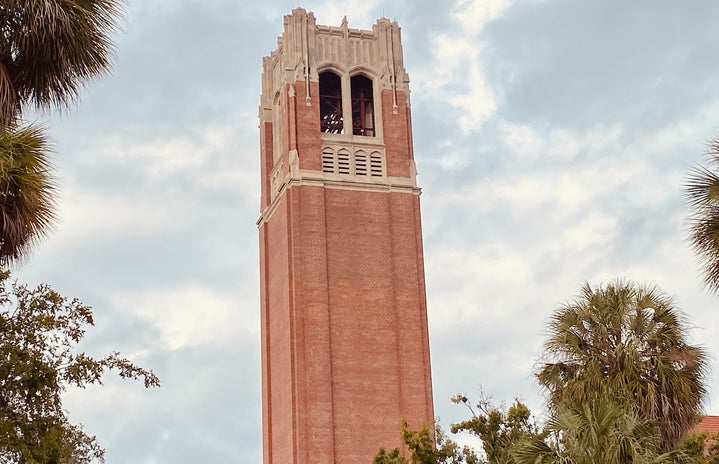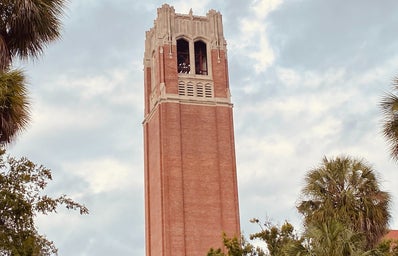In the first week of September 2023, The Wall Street Journal released “2024 Best Colleges in the U.S.,” which numerically ranked 400 American colleges. These rankings were monumental for our state as the University of Florida was ranked fifteenth overall and the top public university on its list. This news has shaken up The Swamp, resulting in “#1 Public University” banners being hung (and stolen) all over campus, heavy social media attention and a plethora of bragging students. Over the past decade, the WSJ has published its college rankings annually and acts as a trusted source of this information.
“We are committed to providing an elite education that is radically practical,” says University of Florida President, Ben Sasse, in a press release from UF News. “Graduating young men and women who are prepared for success in life may be the single most important thing we do as a university, and to be recognized as the best public university in the country is a huge honor.” UF staff has taken great pride and joy in this ranking. They understand the importance of molding their students to be successful in their post-graduate life and the WSJ has confirmed that UF is reaching that goal.
Previously in 2022, the university ranked 54th overall. The gap between where UF ranked in 2022 and now in 2024 is bridged by the change in how the WSJ calculates the rankings. The news outlet creates its rankings in conjunction with College Pulse and Statista and placed heavier emphasis on graduation rates and salaries. Not only this, it also focused on the specific actions that a university takes in order to improve students’ post-graduation life.
The WSJ considers how well students at a specific college would do at any other school and contrast it with how well they are doing at their college. This result then shows how well a college will prepare its students for graduation as compared to other colleges. By doing this they are considering raw measures of student success as well as a weighted measure, which is that post-graduation success. This method of ranking universities is intended to emphasize the value that an education from a particular university will give its students.
While these rankings may seem like an obsolete number that only shows prestige, there is actual usage that comes from the ranks. Future employers and graduate schools may use the ranks to determine the rigor of a university. Thus, UF’s receival of the #1 public university title has the potential to improve students’ outlook for graduate school and employment.
WSJ’s rankings are based on three main criteria: student outcomes (70%), learning environment (20%), and diversity (10%). Each of those three categories is then broken down into subcategories that influence the rankings to total the percentage of the main criterion. UF’s overall score was just 7.2 points below Princeton University, the top national university, at 84.2.
Student outcomes consists of 33% the college’s impact on a student’s salary after graduation, 17% of the number of years it takes to pay off their debt, and 20% of the graduation rate as compared to that of other colleges. The learning environment is made up of 5% learning opportunities, 5% career preparation, 5% student satisfaction with learning facilities, and 5% of the student recommendation score. Diversity contains 5% of the ability to interact with students from various backgrounds, 1.5% of ethnic diversity, 1.5% economic diversity, 1% of inclusivity to those with disabilities, and 1% of international diversity. Further details and explanations of these criteria can be found on the WSJ’s original article.
Students, staff, and fans of UF have been in a frenzy over the past few weeks over their ranking. Gators fans all over the nation have celebrated the #1 public university title and are proud to support such an incredible educational institution. As always, it’s a great day to be a Gator!


